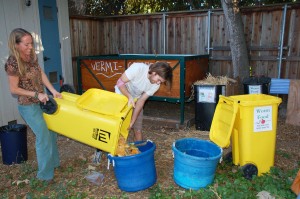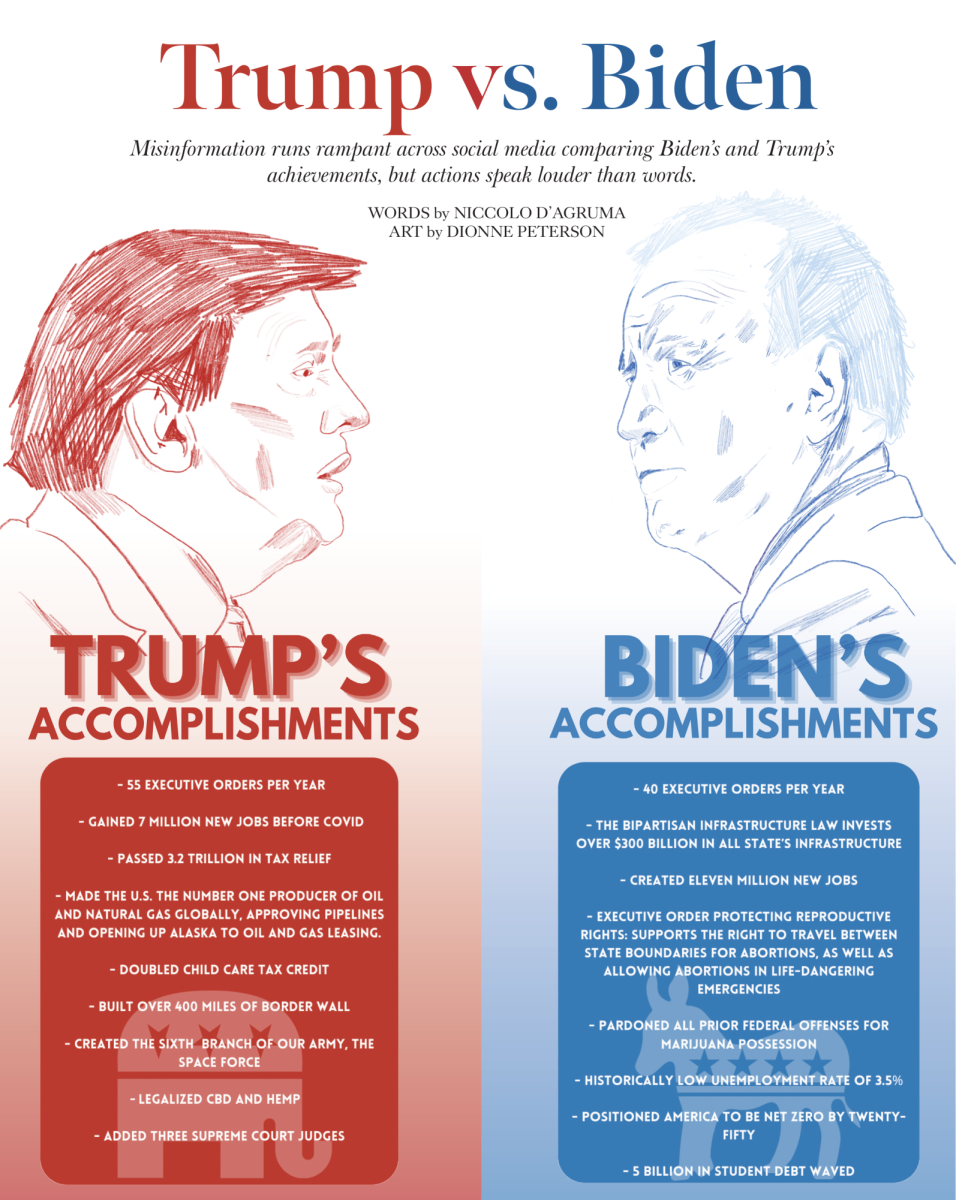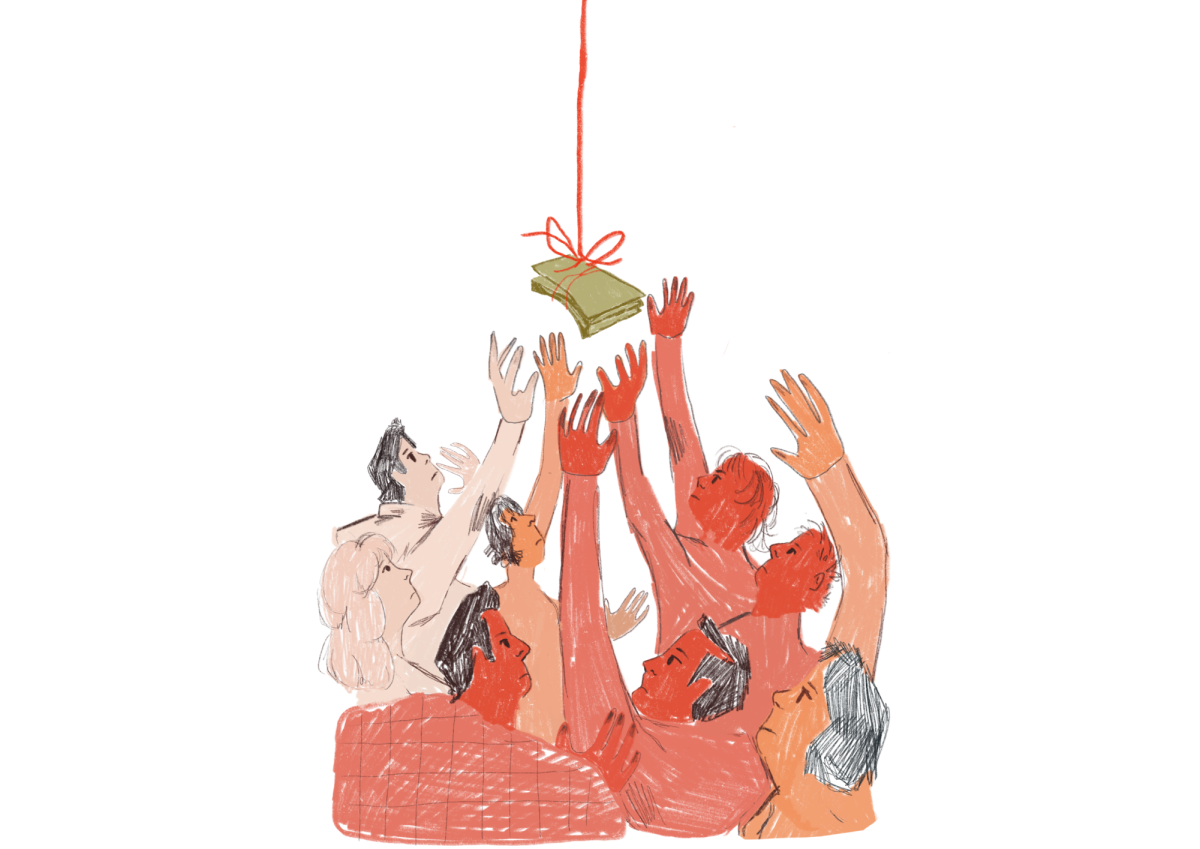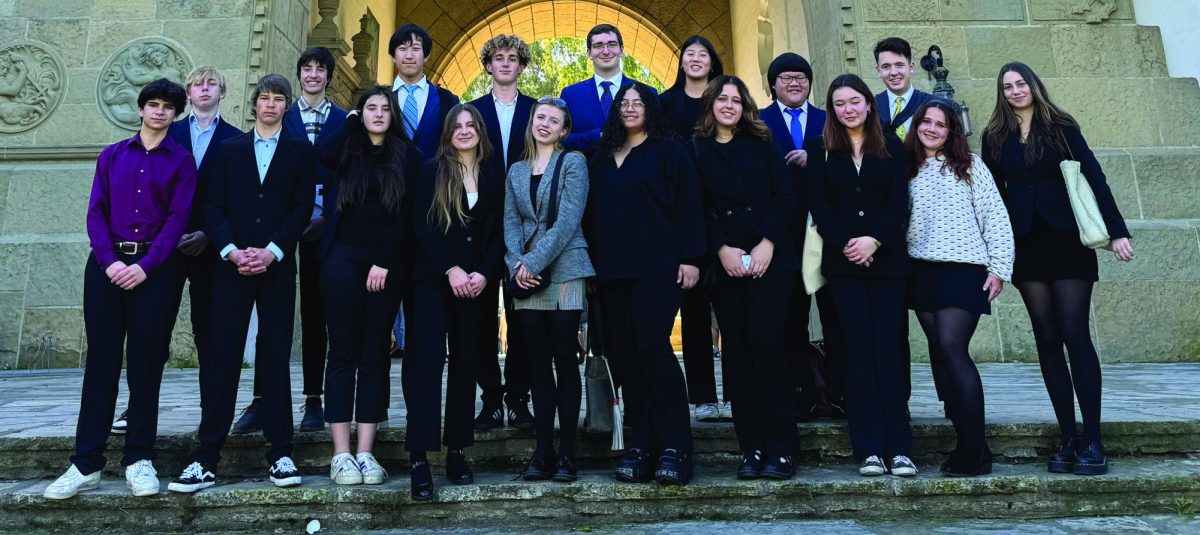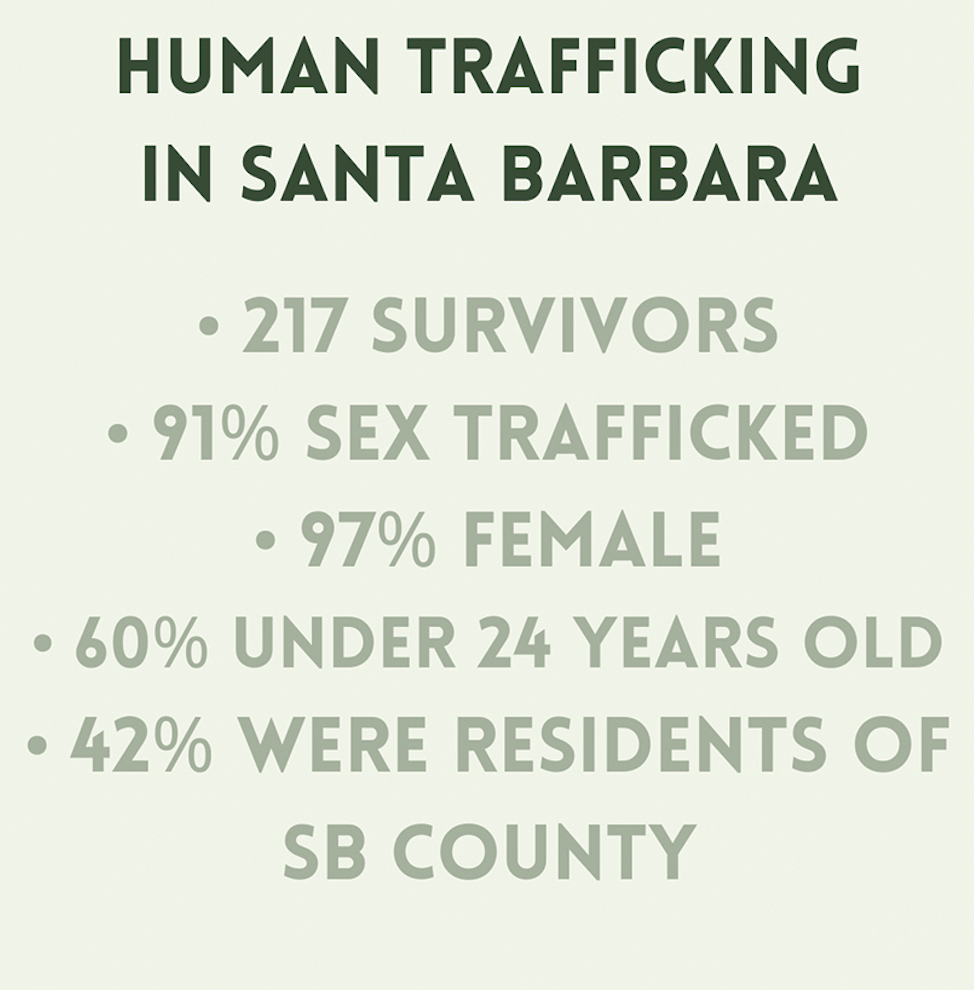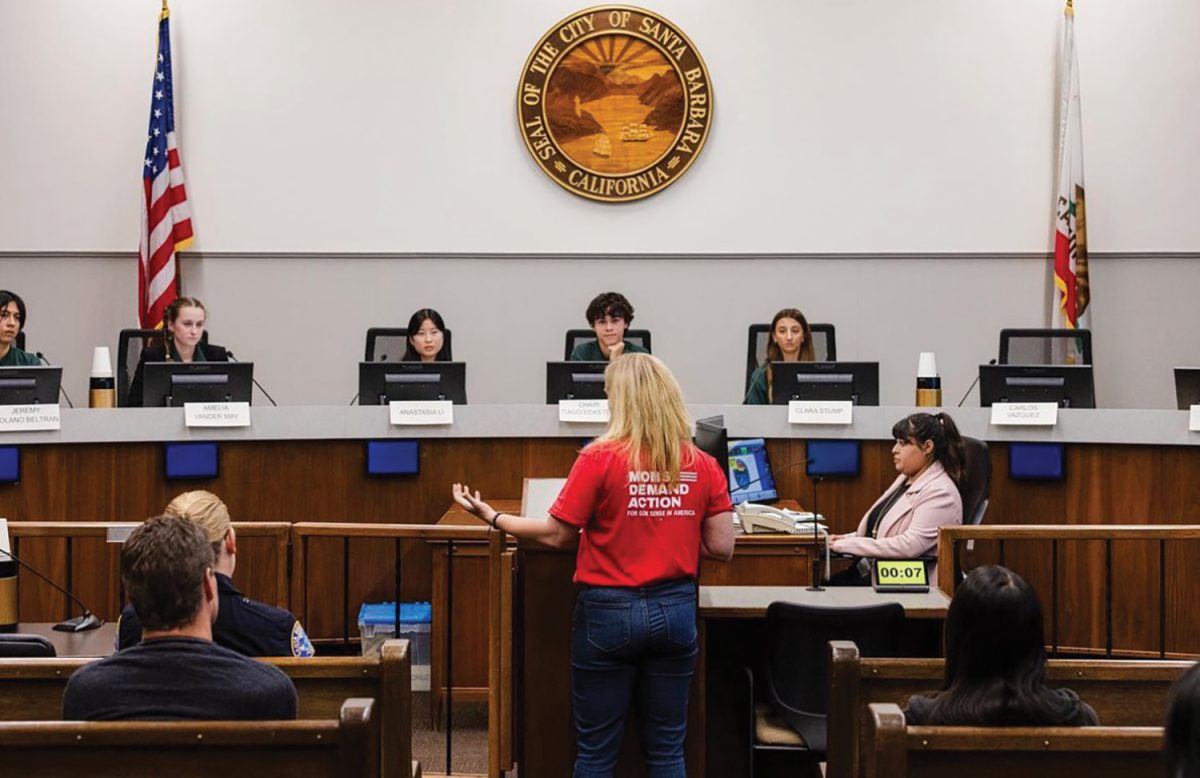usiness endeavor by UCSB students, the year-old composting program has evolved into an active mission to promote environmentalism within the community.
Launched in Nov. 2011, faculty members Ms. Katie Pointer, Mr. James Tur, and Ms. Clara Svedlund have been collaborating with the administration to develop the composting system into a more efficient, and student-run project, in an effort to “reduce our carbon footprint and be better stewards of the earth,” said Chemistry teacher, Ms. Pointer.
“Hopefully, [students] will realize how much food they are wasting and make better choices about what they choose to eat.”
As an environmental activist who used to be actively involved in organizations such as the Surf Rider Foundation, Mr. Tur, Physics instructor and Academic Services advisor, also hopes the composting program will raise awareness about the impact students can have on the environment.
“I know for me, the first time I heard about composting I laughed at it. I think if kids hear sooner and sooner at a younger age, they’re more likely to care about it later on,” he said.
For Ms. Pointer, composting has been a family tradition. “My grandma has been composting for the last 85 years of her life and my mom composted when we had yard space to do it. So I grew up in that environment.”
In an effort to extend this practice to the Laguna community, Ms. Pointer is also working toward strengthening the composting program.
When comparing the success of the program last year to the progress made this year, “more students are choosing to appropriately place their food waste than last year,” said Ms. Pointer. “It’s a familiarity thing; they’re used to seeing the yellow bins now.”
Each time the faculty moves the bins down to the composting site and empties the contents at the Lower School, the teachers weigh the food waste to measure the progress of the program.
“We have gotten 105 pounds of food waste, and the time before that 85 pounds,” said Ms. Clara Svedlund, Lower School science teacher.
“The students seem to be doing better than they have in the past, but there’s still a lot of work to get it right,” said Mr. Tur.
“In 10 years, our generation is going to be in charge, so I think it is important for us to take care of our plant so we can have a better future,” said sophomore Rebecca Brooks.



